Member Directory,
1847 - 1922
Edward B. Whitney
Lawyer
Centurion, 1892–1911
Daniel M. Stimson and Henry H. Anderson
New Haven, Connecticut
Cornwall, Connecticut
Age thirty-four
Cornwall, Connecticut

Century Memorial
Edwin [sic: Edward] Baldwin Whitney was born in New Haven in 1857. The son of Professor Whitney, on both sides he came of the very best New England stock. He was graduated from Yale in 1878 and studied law at Yale and Columbia Universities. He was appointed to the Supreme Bench by Governor Hughes and later by Governor White. He preferred the Bench to private practice because he believed that thus he could render better service. As a lawyer, in all his professional life the measure of pecuniary success that came to him was the least distinguishing feature. He undertook and mastered very difficult and complicated cases. His industry was remarkable, even in a city filled with industrious men. No detail of his cases was too minute to escape his attention. Indeed, possibly the only criticism would be that he was too exact and too deeply interested in the fundamental principles of every case which came before him, for he was essentially not a lawyer but a jurist. His broad and active legal understanding caused him to regard the law as a science and to treat each case with reference to legal propriety and justice, hence his conversation concerning his cases was profoundly informing in jurisprudence.
Judge Whitney was eminently a public man, interested in all that concerned the community, one of the men who do their own thinking. He helped to shape public opinion and often gave his services without charge. He occupied too many important places and engaged in too much important business for record here, but mention should be made of his work in curing the law’s delays, which bore fruit in many amendments to the new sections to the Code of Civil Procedure drafted by him.
Judge Whitney was far from rugged and suffered much physically throughout his life. As a result, in social intercourse there was a diffidence very difficult for him to overcome—but when once within the shell his friends found him most delightful and beloved. He was democratic in his sympathies and made friends of men in humble walks of life, sharing their views and interested in their pursuits. In competent opinion Judge Whitney was already the leader of the bar and possessed the acutest intellect on the bench.
George William Knox
1911 Century Association Yearbook
Related Members
Member Directory Home-
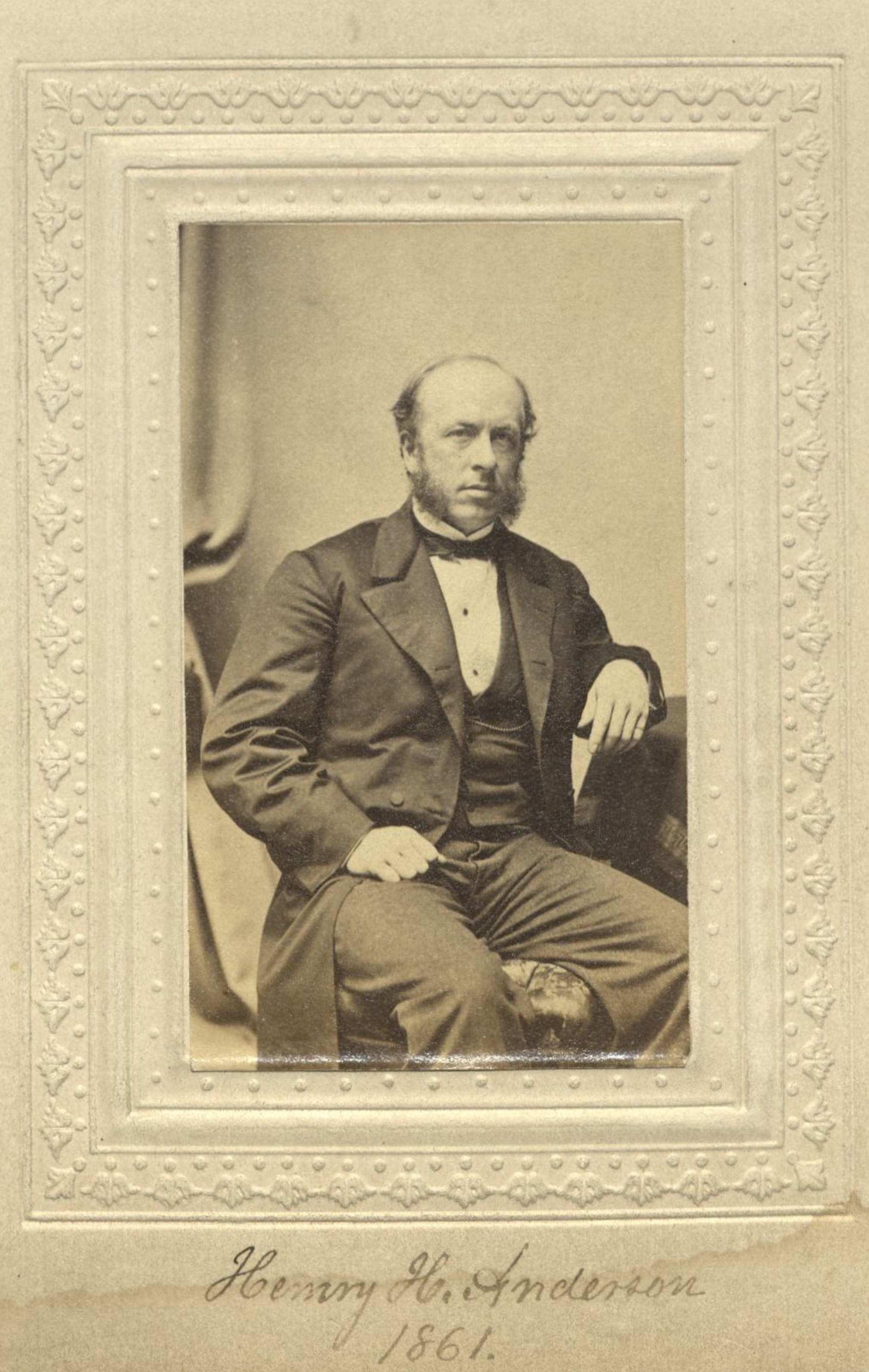 Henry H. AndersonLawyerCenturion, 1861–1896
Henry H. AndersonLawyerCenturion, 1861–1896 -
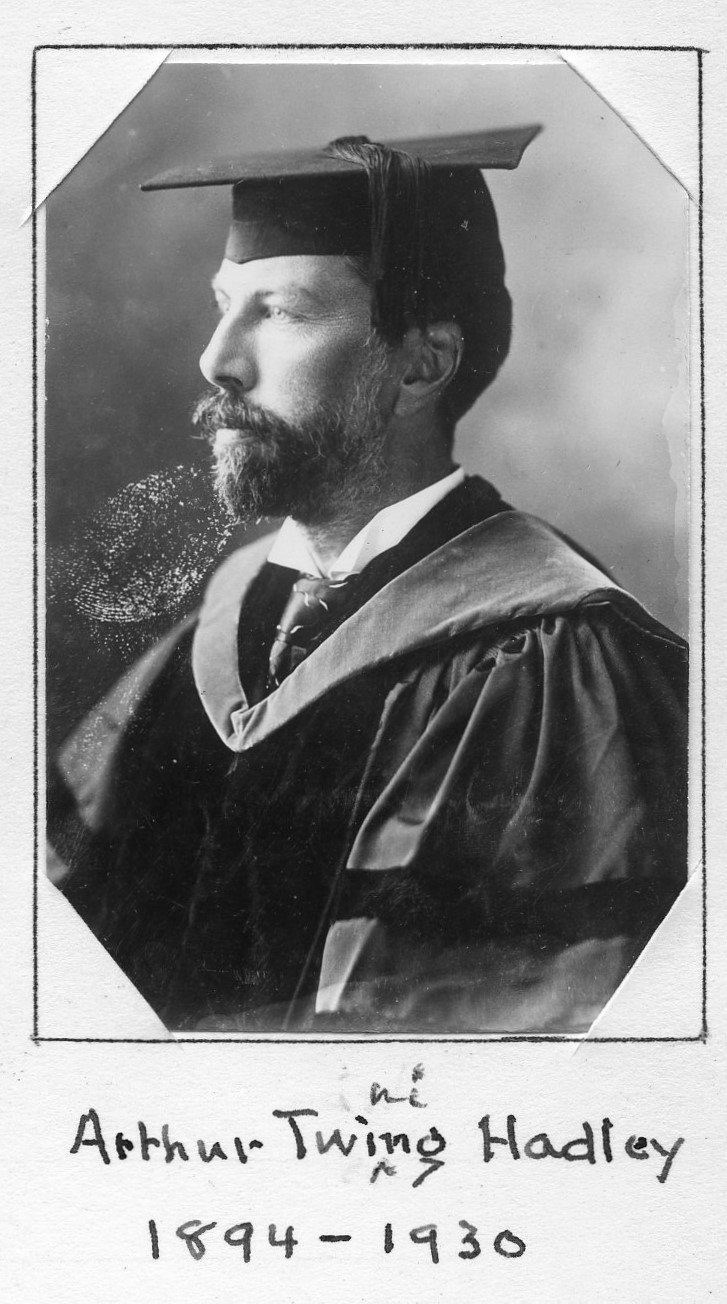 Arthur T. HadleyProfessor/President, Yale UniversityCenturion, 1894–1930
Arthur T. HadleyProfessor/President, Yale UniversityCenturion, 1894–1930 -
 Newell MartinLawyerCenturion, 1900–1941
Newell MartinLawyerCenturion, 1900–1941 -
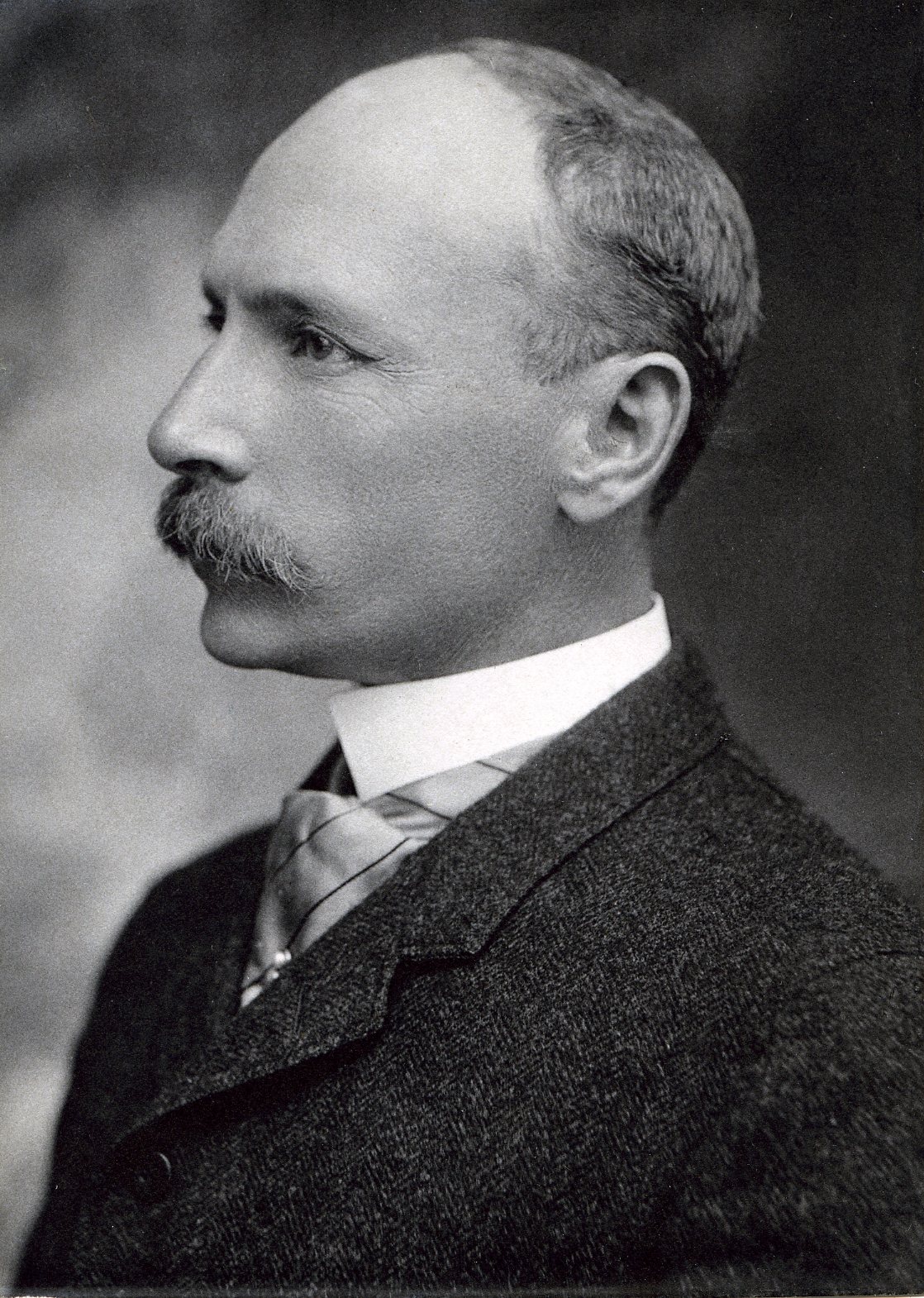 Robert Grier MonroeLawyerCenturion, 1903–1924
Robert Grier MonroeLawyerCenturion, 1903–1924 -
 Henry Bradford SargentManufacturerCenturion, 1903–1927
Henry Bradford SargentManufacturerCenturion, 1903–1927 -
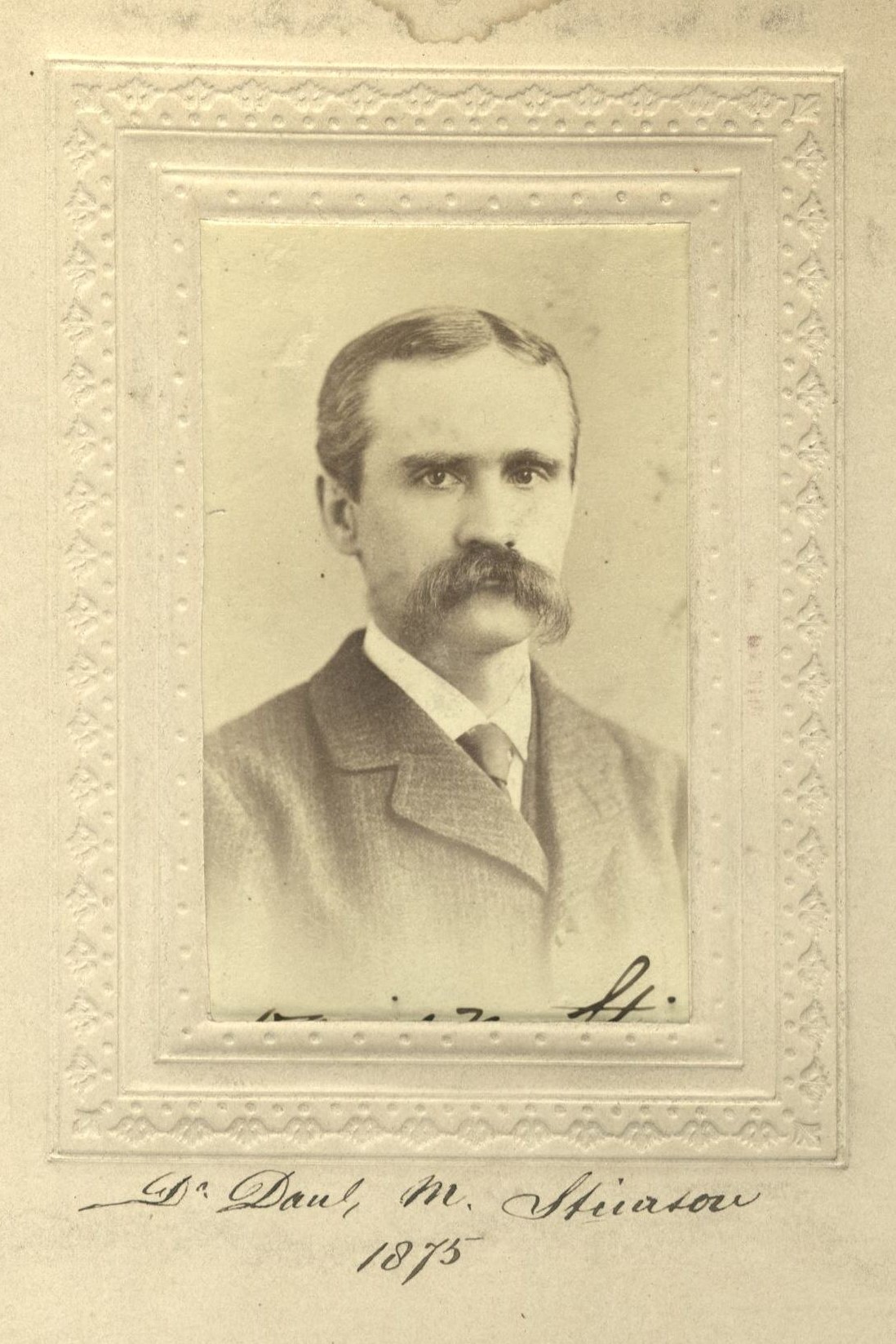 Daniel M. StimsonPhysicianCenturion, 1875–1922
Daniel M. StimsonPhysicianCenturion, 1875–1922 -
 Charles W. TruslowLawyerCenturion, 1897–1911
Charles W. TruslowLawyerCenturion, 1897–1911 -
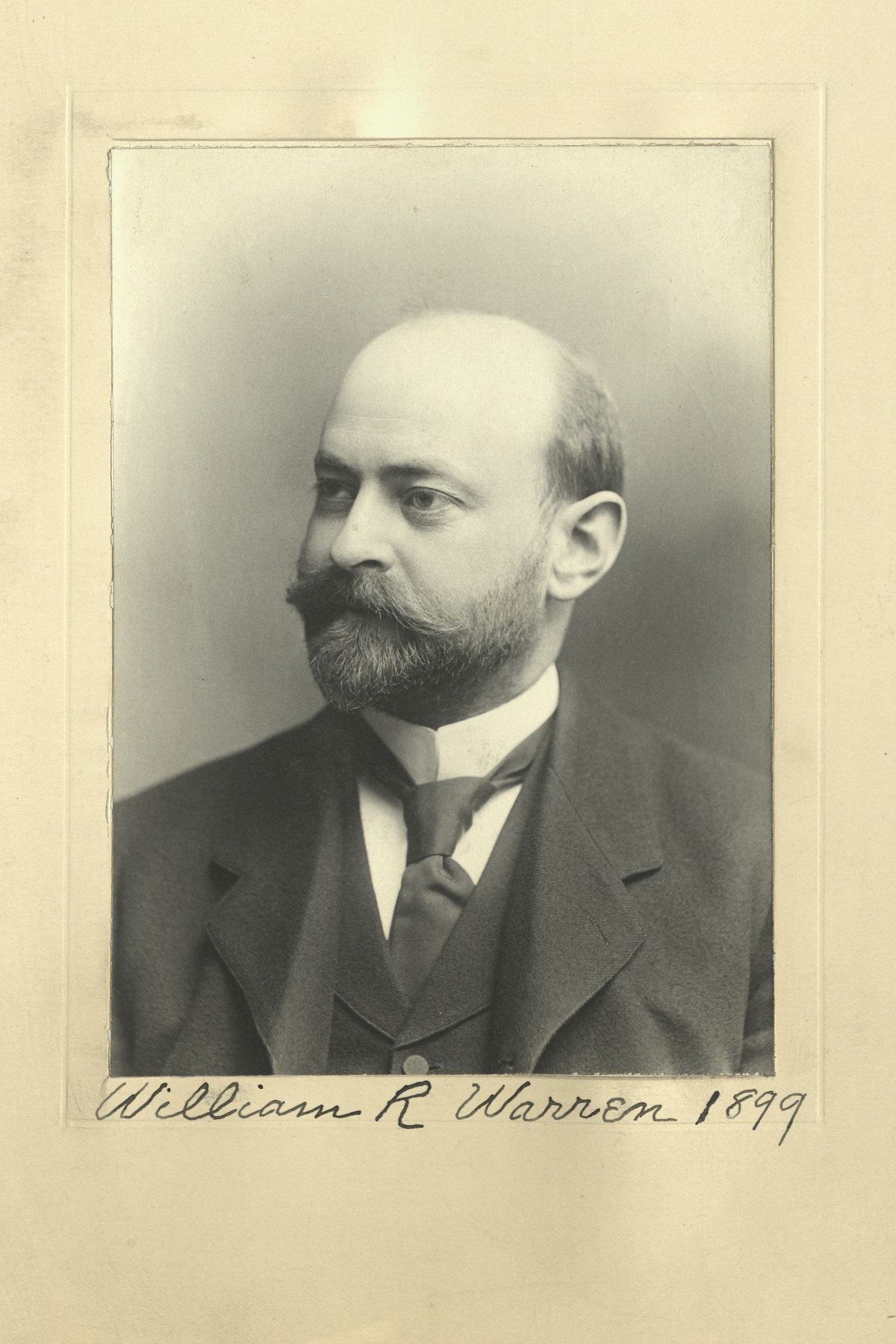 William R. WarrenManufacturerCenturion, 1899–1918
William R. WarrenManufacturerCenturion, 1899–1918






